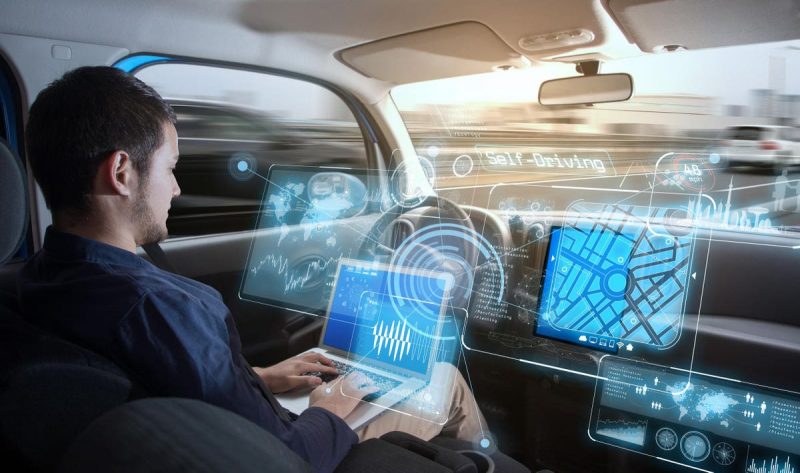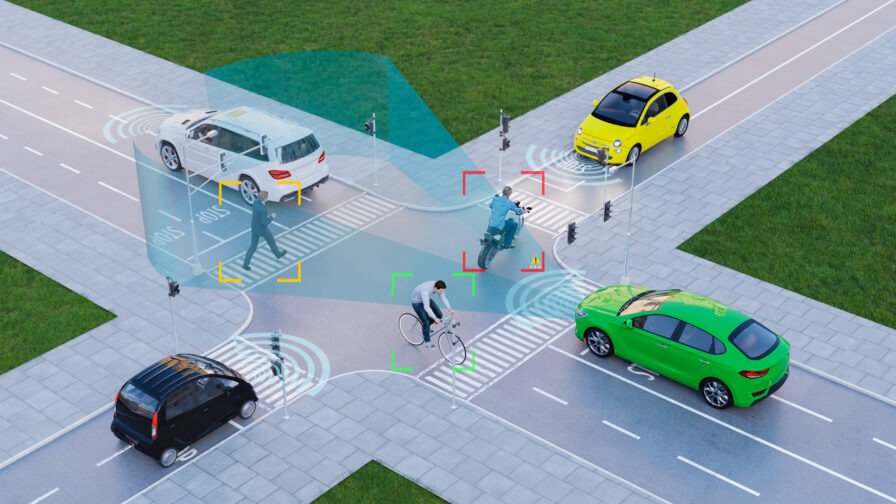An Introduction to the Exciting Intersection of AI and Automotive Technology

Imagine the day when your car becomes your personal chauffeur. That future is quickly becoming a reality thanks to the advent of Artificial Intelligence (AI) in automotive technology. AI is reshaping the automotive landscape, propelling us into an era of self-driving cars and smart navigation systems. But what does this mean for you as a consumer? Buckle up as we steer you through the ins and outs of this fascinating innovation in automotive technology.
From personalized infotainment systems to predictive maintenance and autonomous driving, AI is driving a revolution on our roads. What was once a vision from science fiction is now becoming a key component in the cars we drive. It’s not just about convenience but also safety, efficiency, and eco-friendliness.
The Role of AI in Enhancing Vehicle Safety and Efficiency
AI’s primary role in the automotive industry is enhancing vehicle safety. Collision avoidance systems, for example, use AI algorithms to analyze real-time data from vehicle sensors, predicting potential risks and taking evasive actions to prevent accidents.
In addition, AI also improves efficiency. Adaptive cruise control systems can adjust a car’s speed based on traffic conditions. AI-powered predictive maintenance systems analyze vehicle performance data and predict potential mechanical issues, helping to reduce breakdowns and maintenance costs.
Moreover, AI also plays a role in the creation of eco-friendly vehicles. AI algorithms can optimize electric vehicle battery performance and range, contributing to sustainable and greener transportation solutions.
Autonomous Driving: The Apex of AI Integration in Cars
Arguably, the most significant contribution of AI in cars is autonomous driving. AI systems in self-driving cars analyze vast amounts of data from sensors and cameras, enabling them to make split-second decisions that would take humans much longer.
These AI systems are not limited to recognizing obstacles and applying brakes; they can also analyze traffic situations, recognize traffic signals, and make complex decisions like when to change lanes or how to take a turn at a complex intersection.
While fully autonomous vehicles are still in the experimental stage, the technology is progressing rapidly, and many cars already feature semi-autonomous capabilities, making our roads safer and our journeys smoother.

Navigating the Ethical and Regulatory Hurdles of AI in Cars
Despite the impressive progress, AI integration in cars faces significant ethical and regulatory challenges. Who is to blame in the event of a self-driving car accident? How can AI-powered cars be programmed to make moral decisions in scenarios where a collision is inevitable?
Furthermore, regulatory standards for AI in cars differ significantly across regions. Car manufacturers need to navigate a complex landscape of laws and regulations to make AI-powered cars widely available. There’s also the issue of privacy and data security, given the amount of data these vehicles collect.
The Road Ahead for AI in Cars
As we accelerate into a future shaped by AI, it’s clear that this technology will play an increasingly integral role in our automotive experiences. From enhancing safety to propelling us towards a future of autonomous vehicles, AI’s potential in the automotive industry is only just beginning to be realized.
However, it is equally important that we address the ethical and regulatory challenges that come with AI in cars. As we continue to navigate this thrilling journey, one thing is certain – AI is set to drive us into a new era of automotive innovation, forever transforming how we experience the road.
